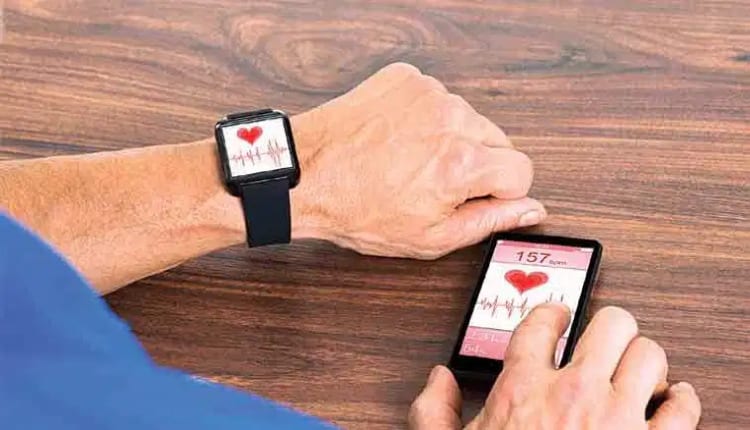The smartwatch space remains a popular consumer device segment for tracking health and the heart rate monitoring feature is now available in 60 per cent smartwatches globally.
According to a Counterpoint Research report, fall detection and blood oxygen (SPO2) are the features that should see mass-adoption in future smartwatch models.
- Advertisement -
“The massive leaps in battery life and processing power are helping to better track overall health as continual heart rate, sleep and other monitoring can be done instead of the device sitting on a charger,” said Research Director Jeff Fieldhack in the latest report.
Samsung has activated the ECG (electrocardiogram) functionality on the newly-launched Galaxy Watch3 in the US.
Taking on Apple Watch that is currently the best health wearable in the market, the Galaxy Watch3 offers blood oxygen and fall detection tools and would include blood pressure (BP) monitoring and ECG readings in markets where these features have been authorised.
- Advertisement -
According to Fieldhack, the leaps in solar charging technology will also help OEMs concentrate on better monitoring.
“We expect to continue to see a focus on fitness and wellness applications,” he said.
Google WearOS continues to account for 10 per cent of the total smartwatch market, behind Apple WatchOS.
“Huawei’s Lite OS and Amazfit’s Amazfit OS are growing fast. Further, the cellular-capable smartwatch is becoming more popular and accounts for more than one in four smartwatches shipped, benefitting the likes of Qualcomm,” the Counterpoint report said.
Square form-factor accounts for almost two-thirds of the smartwatches globally as the form factor is helping to better fit additional sensors and needed battery footprint, it added.
–IANS
If you have an interesting article / experience / case study to share, please get in touch with us at [email protected]
Advertisement




Interesting! Good to know this!